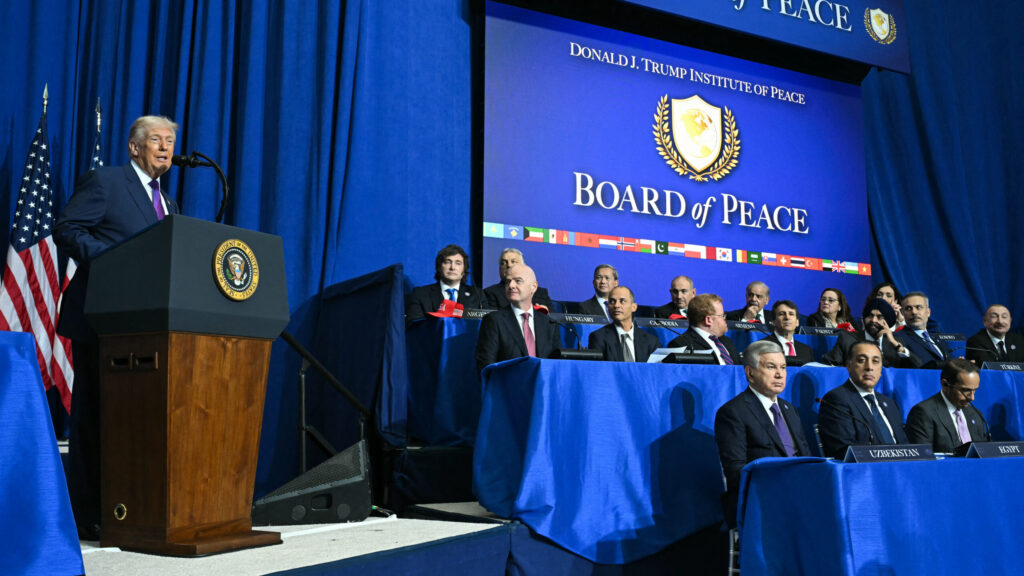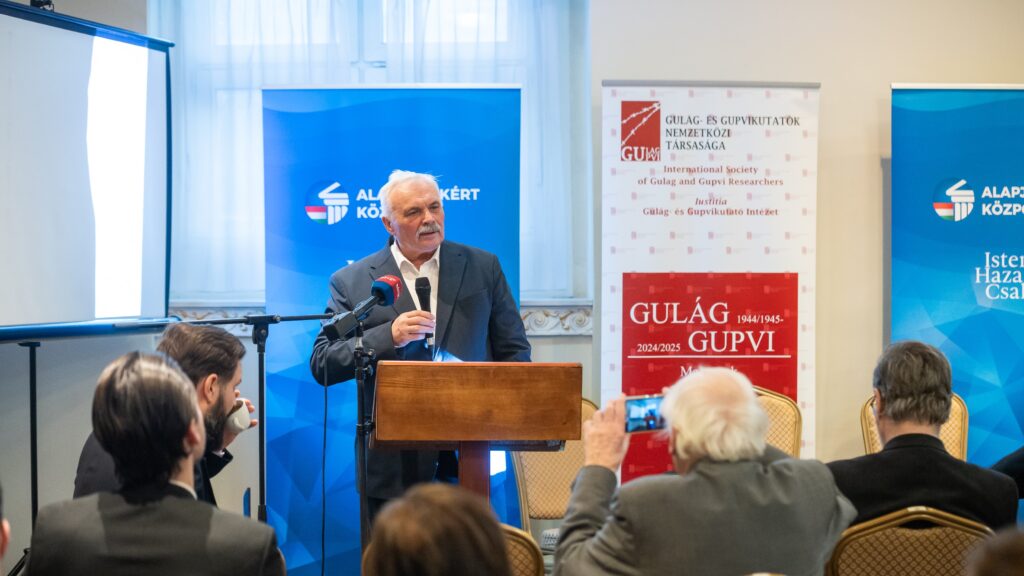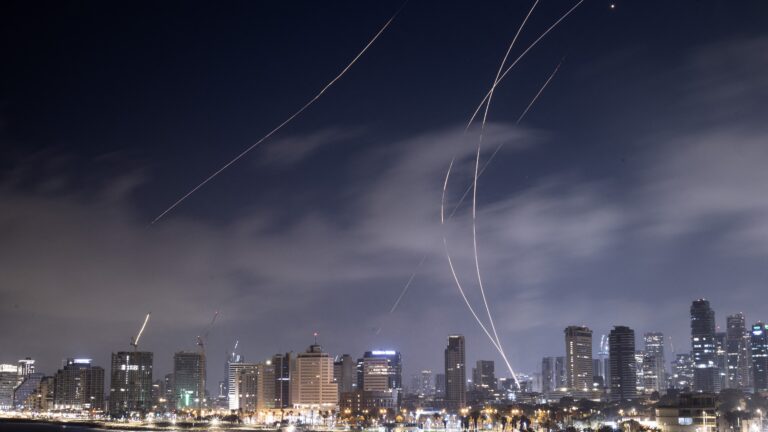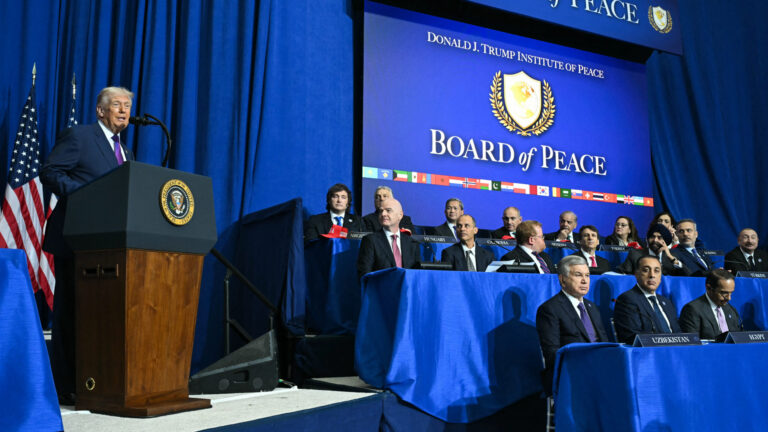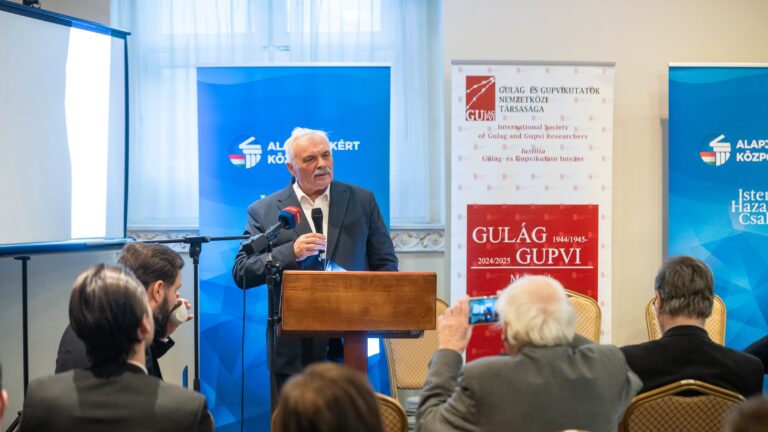Hungary’s MOL Group and MVM Group have entered into a new oil trade agreement aimed at further diversifying energy supplies in Central Europe—particularly in landlocked countries like Hungary and Slovakia. According to a joint statement on Thursday, the cooperation will enable MOL to process up to 160,000 additional tons of alternative crude oil annually in its refineries.
The crude oil, sourced from the Caspian region, is shipped via the Baku–Tbilisi–Ceyhan (BTC) pipeline to the Turkish port of Ceyhan, from where it is transported to markets served by MOL. Both companies are now contributing to this supply chain, strengthening the region’s energy independence.
MOL has been working with Azeri crude for years, having acquired a stake in the Azeri–Chirag–Gunashli (ACG) oil field in 2020, delivering five million barrels to the region in 2023 alone. MVM became a stakeholder in the area in 2024, securing a 5 per cent share in the Shah Deniz gas and condensate field.
MOL now purchases approximately 100,000 barrels per month from Shah Deniz, with the two companies’ partnership amounting to two full tanker shipments annually—on top of the monthly delivery MOL already imports.
Beyond economic benefits, the collaboration holds strategic value. Joint shipments are expected to bolster energy security for Hungary. According to MVM strategic director Réka Martini, the Shah Deniz investment serves not only as a sound financial move but also supports the region’s energy supply chain.
MOL Downstream Executive Vice President Gabriel Szabó emphasized that increasing crude oil sources is key to making regional fuel supplies more secure and affordable. The company has long prioritized diversification, having invested 170 million dollars before 2022 to expand the Adriatic pipeline and related infrastructure.
Since then, MOL has tested 14 types of alternative crude oils and has steadily worked to improve flexibility in its refining technology. A milestone was reached in March 2023 when MOL delivered its first shipment of Azeri Light crude from the ACG field to the Slovnaft refinery in Bratislava—marking a key step in processing oil sourced from its own upstream investments.
Prior to that, the Slovnaft facility had already tested various oil types from the Middle East and Caspian Sea region, but processing crude from a proprietary field signalled a new era for the company’s refining operations.
Related articles:


